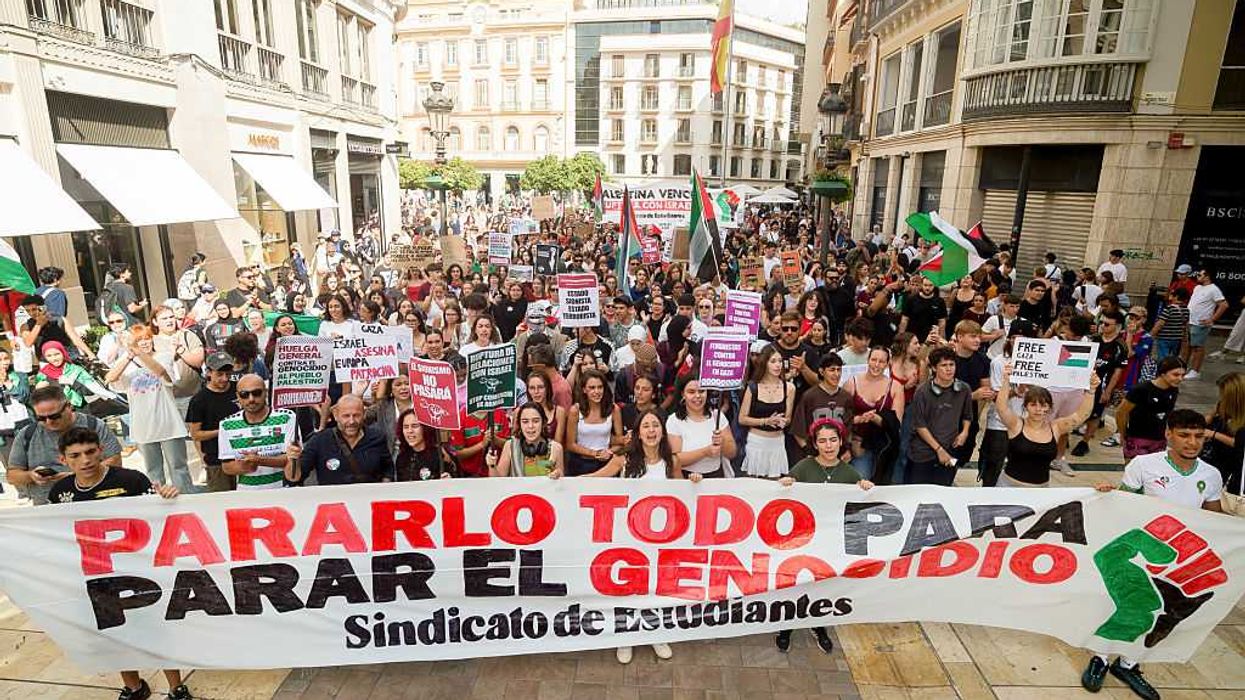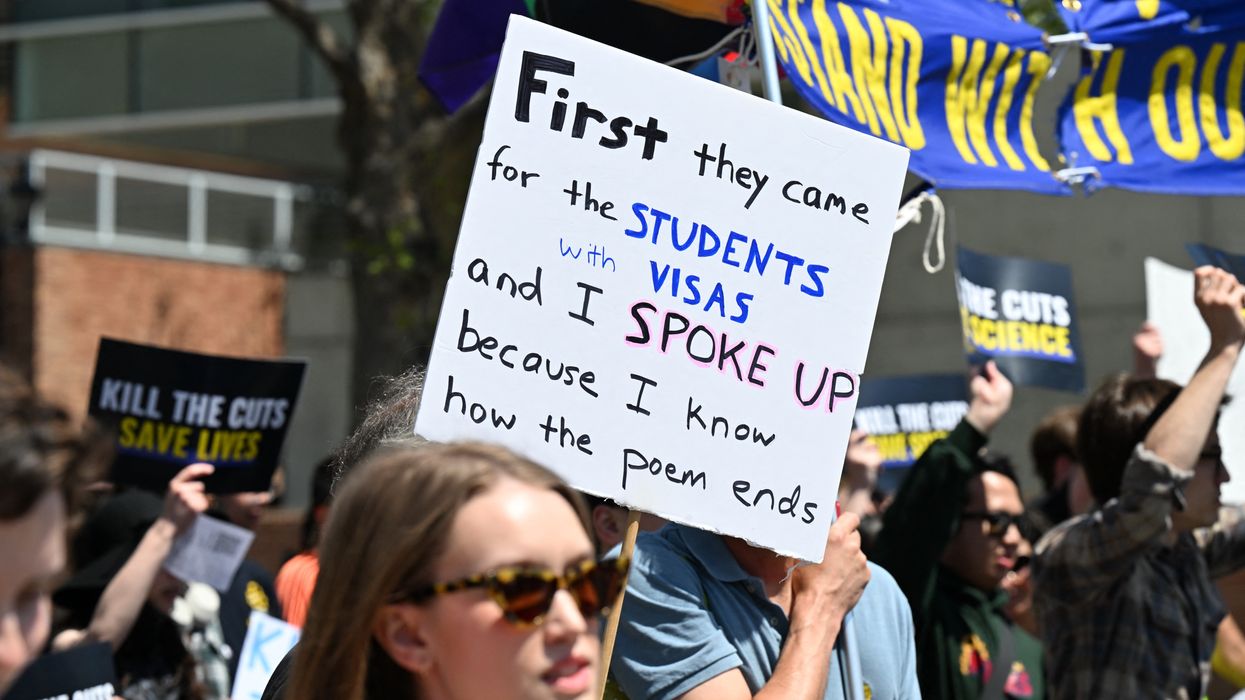Applicants for F academic visas, M visas for vocational students, and J visas for educational and cultural exchanges will be required at their visa interviews to make all of their social media accounts accessible to consular officers who conduct their interviews, so officers can search for "any indications of hostility towards the citizens, culture, government, institutions, or founding principles of the United States."
Both new and returning student visas applicants will be subject to the new screenings, and consular officers were instructed in the cable to take "detailed case notes" about students' online presence.
"Take screenshots to preserve the record against possible later alteration or loss of the information," read the cable.
"This new State Department policy is a digital-age version of a policy that history has already discredited."
Students who are found to "demonstrate a history of political activism" will be flagged under the new social media guidelines, and consular officers are being directed to "consider the likelihood they would continue such activity in the United States."
Sarah Spreitzer, vice president of the American Council on Education, told The New York Times that the organization is "very worried that this is going to be some political litmus test that's going to be applied to students."
Jameel Jaffer, executive director of the Knight First Amendment Institute at Columbia University, said the new policy will "inevitably chill legitimate political speech both inside and outside the United States."
"This policy makes a censor of every consular officer," added Jaffer.
The new screening procedures followed the Trump administration's detention of and efforts to deport several foreign students who publicly expressed support for Palestinian rights, including Columbia University organizers Mahmoud Khalil and Mohsen Mahdawi, Tufts University student and op-ed author Rümeysa Öztürk, and Georgetown University academic Badar Khan Suri. The latter three scholars have been released from detention in recent weeks after court rulings, but Khalil remains imprisoned in Louisiana. A judge in New Jersey determined last month that his detention is "likely" unconstitutional and ruled last week that the Trump administration cannot detain or deport Khalil, who has not been charged with a crime, but he has yet to be released.
The State Department cable instructed embassies and consulates to flag any social media activity that displayed "advocacy for, aid, or support for foreign terrorists and other threats to U.S. national security" and "support for unlawful antisemitic harassment or violence."
The communication did not detail how officials should determine what online comments or activity would qualify. Trump administration officials have openly conflated students' involvement in protests against Israel's U.S.-backed assault on Palestinians in Gaza with antisemitic, pro-terrorist activity.
The cable also contained a threat to student visa applicants if portions of their social media accounts remain "set to private" during their interviews.
In those cases, the directive says, "you should treat the case as any other where an applicant fails to provide certain information on request."
A bolded sentence added, "You must consider whether such failure reflects evasiveness or otherwise calls into question the applicant's credibility."
Jaffer noted that "some of the 20th century's most significant artistic and intellectual figures, including Pablo Neruda, Doris Lessing, Gabriel Garcia Marquez, and Graham Greene," were barred from entering the U.S. due to their ties to the Communist Party, after "ideological vetting" by U.S. officials.
"This new State Department policy," said Jaffer, "is a digital-age version of a policy that history has already discredited."




